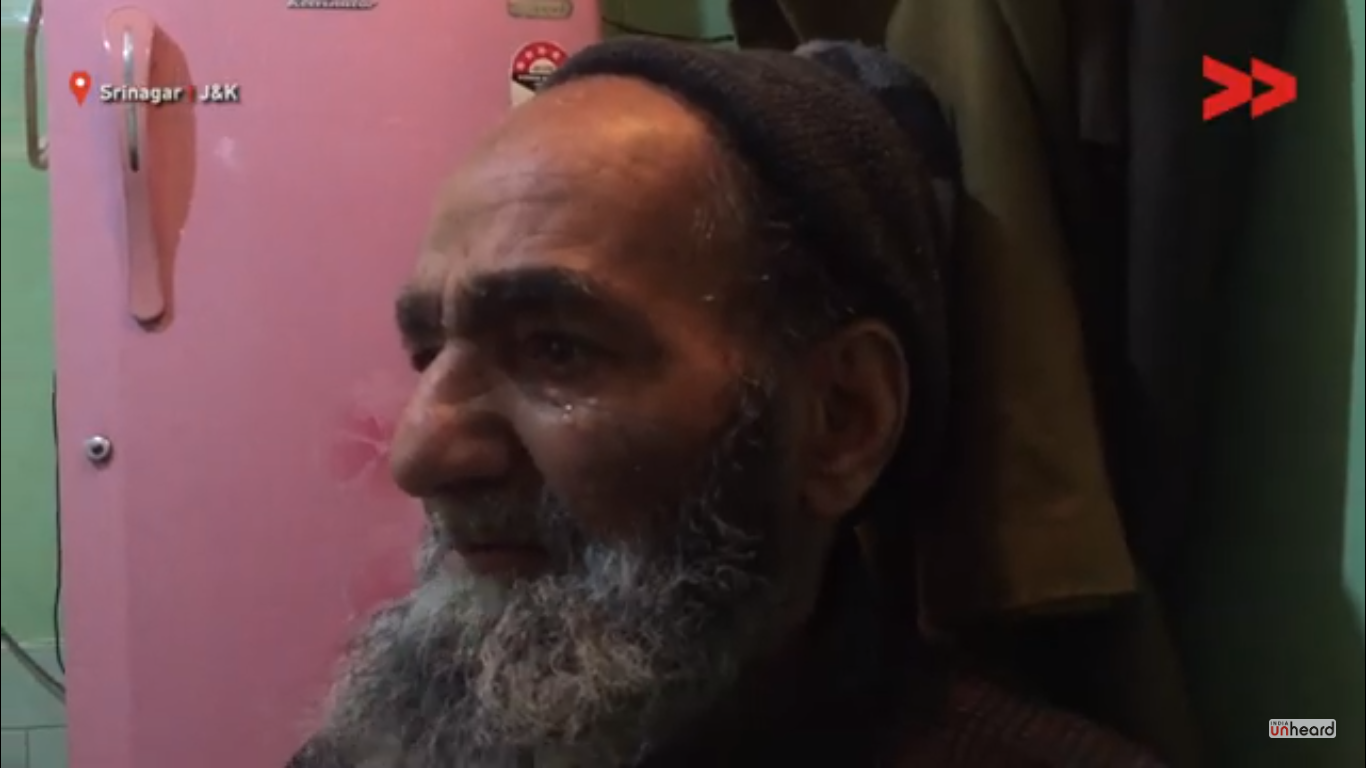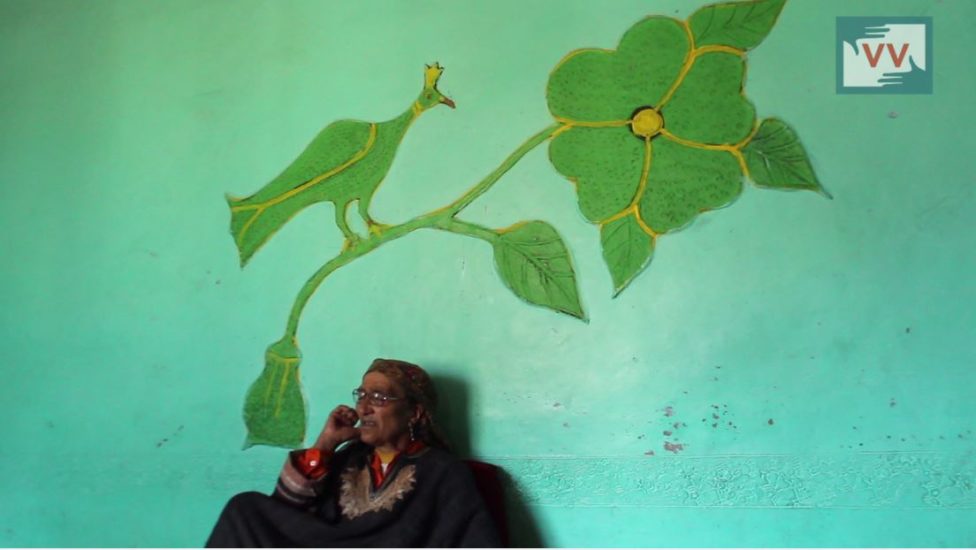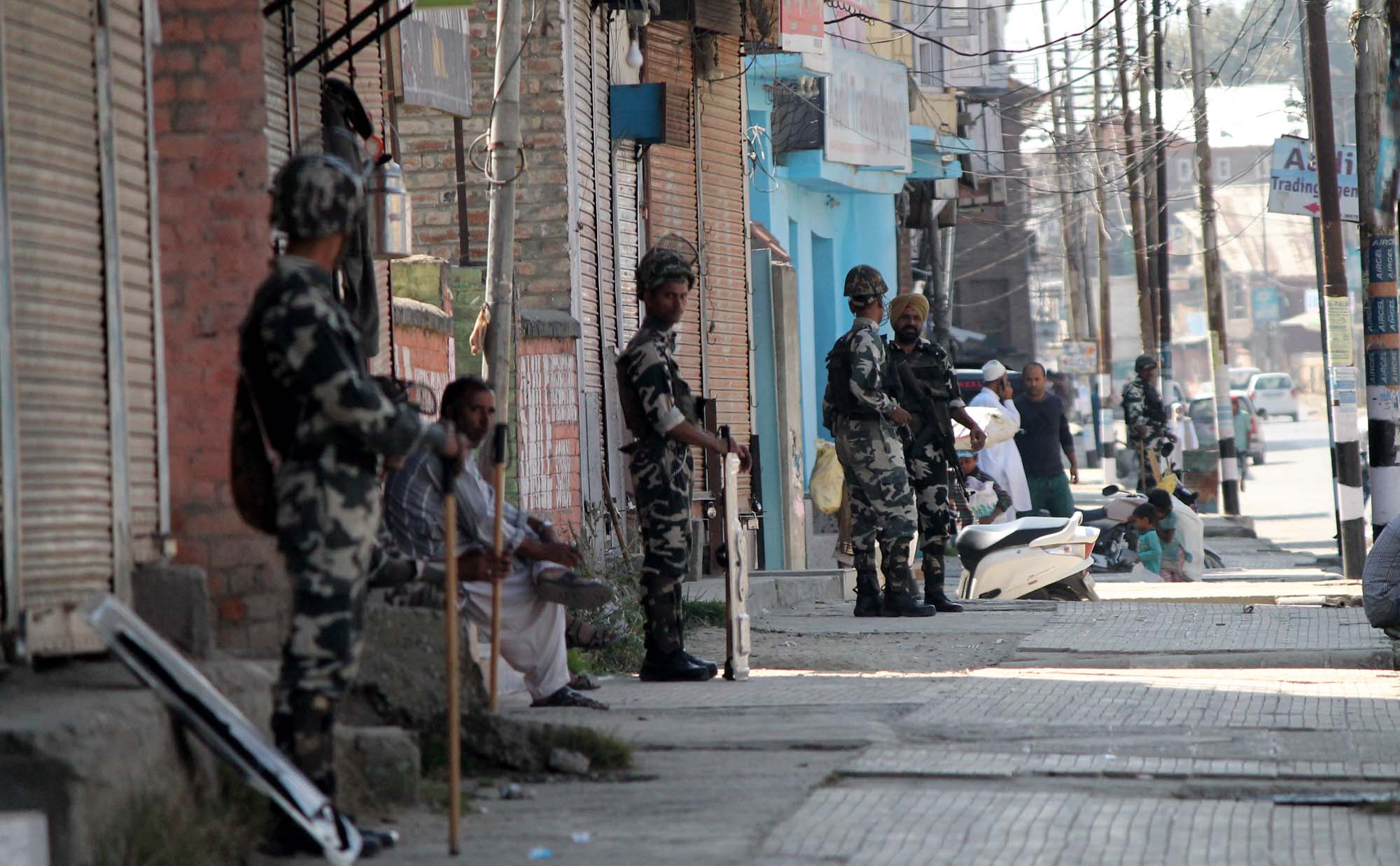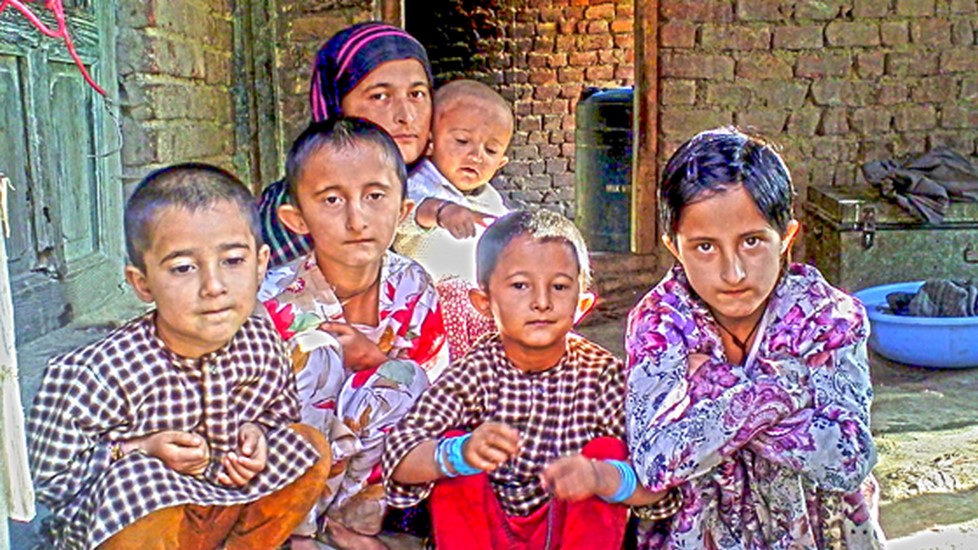Video By: Nadiya Shafi
Article By: Nusrat Ali
In connection with Indian Airlines plane hijacking around 27 Kashmiri youth working in Nepal were taken into custody by Nepal Police on the instruction of Indian authorities during a raid on the intervening night of 27th -28th August 2000. Among these were Abdul Ahad Rah’s two sons, namely Mohammad Shafi Rah, 30, and Mushtaq Ahmad Rah, 28 of Maharaj Gunj Srinagar. Both the brothers were running leather business in Samkoshi Kathmandu.
After a few days, out of 27 persons, 17 persons were handed over to Indian authorities in Kathmandu. They were airlifted to New Delhi. Rest of the arrested persons were set free. Pertinently local English daily Kathmandu Post had carried a detailed report about the raid. The report according to Rah family clearly mentioned names of Mohammad Shafi Rah and Mushtaq Ahmad Rah among the 27 arrested Kashmiris. Eighteen years have gone past since their arrest in Nepal, but the two brothers remain untraced.
“I started search for my missing sons since September 2000 and after 2 years in April 2002, I got a clue that my sons were lodged in Jodhpur jail,” says Abdul Ahad Rah, the ailing 86-year-old father of Shafi and Mushtaq.
When Ahad rushed to Jodhpur jail, initially the authorities there acknowledged that his sons were detained in the jail. But they told him to get permission and documents from a Srinagar court first. Ahad returned to Kashmir and it took him some weeks to arrange all the court documents. But when he went back along with the required court documents, he says the authorities there denied to facilitate the meeting. “The jail authorities in Jodhpur told us that they were under instructions to refuse all requests for a meeting,” says Ahad.
Abdul Ahmad Rah along with his family had to leave Jodhpur, completely disheartened and discouraged. Rah didn’t stop and never lost hope. Our CC reports the ordeal of this 86 years old now who has went from pillar to post to find his missing sons. The case is listed under State Human rights Commission of J&K. The story shows his courage and struggle.
Enforced disappearances in Kashmir started in 1989, following the outbreak of armed conflict. A large number of civilians, students, political activists and militants have disappeared in custody, both during direct central rule (1989-1996) as well as rule by elected state governments (1996-2004). Over the past three decades, more than 8,000 persons have been subjected to enforced or involuntary disappearances.












